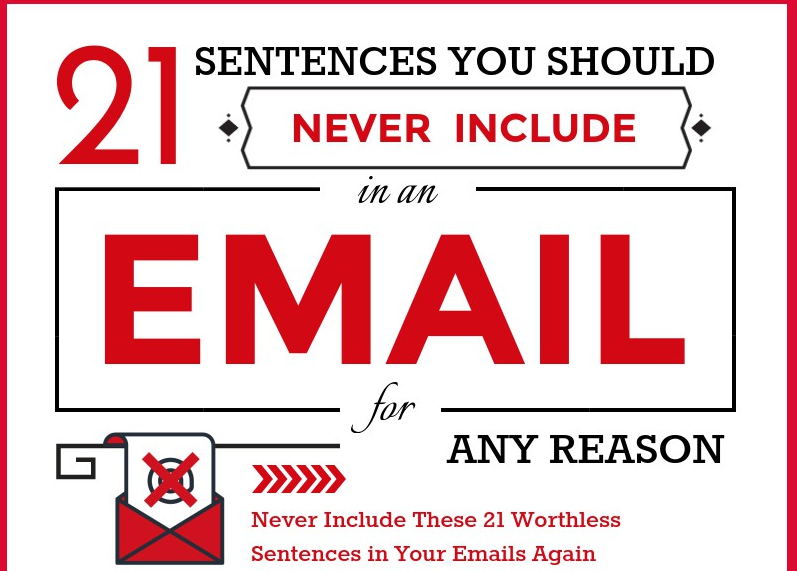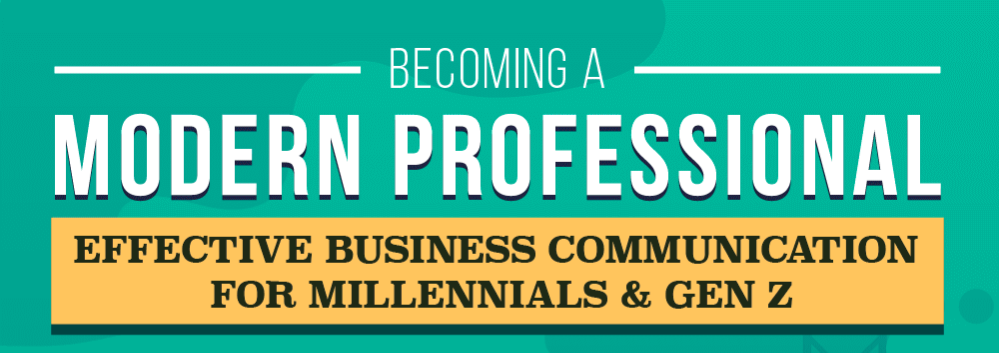Organic marketing is a good way to start promoting your business, but it’s not enough to scale.
Firstly, with organic marketing you can’t target specific audiences. You post your content online in the hope that your ideal customer will find you.
Moreover, you don’t have much control on the results as you can't really optimize your content reach and you don't get many insights from it as reporting is limited or non-existent.
Secondly, producing content at scale is very resource intensive and requires a consistent effort.
Thirdly, organic reach is really limited and depends on many variables. For example, a Facebook post can get hundreds of thousands views if the engagement is high, however a Facebook ads can reach millions of people.
So, if you want to really grow your business and increase your market share you have to invest money in marketing.
As a small business you can decide the amount of money you invest into your marketing strategies by:
Establishing Your Business Goals
Knowing whether you want to make more sales; to create greater brand awareness; expand to a new market or launch a product is key to defining how much to allocate. If your aim is to increase brand awareness and generate lead, split the budget in two. Brand awareness campaigns are vital to influence buyers’ decisions and to stay top of mind. However it's harder to measure their impact on customers and they also require a higher investment.
Lead generation campaigns are designed to deliver a certain return. And with the correct targeting and tracking in place can deliver great results with lower investment.
Researching Your Competition
Your competition and their market share will determine how much you need to spend on your marketing to get known or stay top of your customers' mind.
Looking at how your competitors are marketing their products and services will also help you define your message and offering.
Determine Who Is Your Ideal Customer
Knowing your ideal customer, what platforms they use and what their interests are is critical when establishing where to invest. For example, if your ideal customer is not digitally savvy you may not need to invest in online marketing or a website. Whereas, if your target customer is active on social media you should focus on channels like Facebook, Instagram, Twitter, etc.
Defining your business goals, competition and ideal customer will allow you to determine your marketing budget and will help you focus only on those activities that will drive the best ROI.
Photo credit: Campaign Creators.







